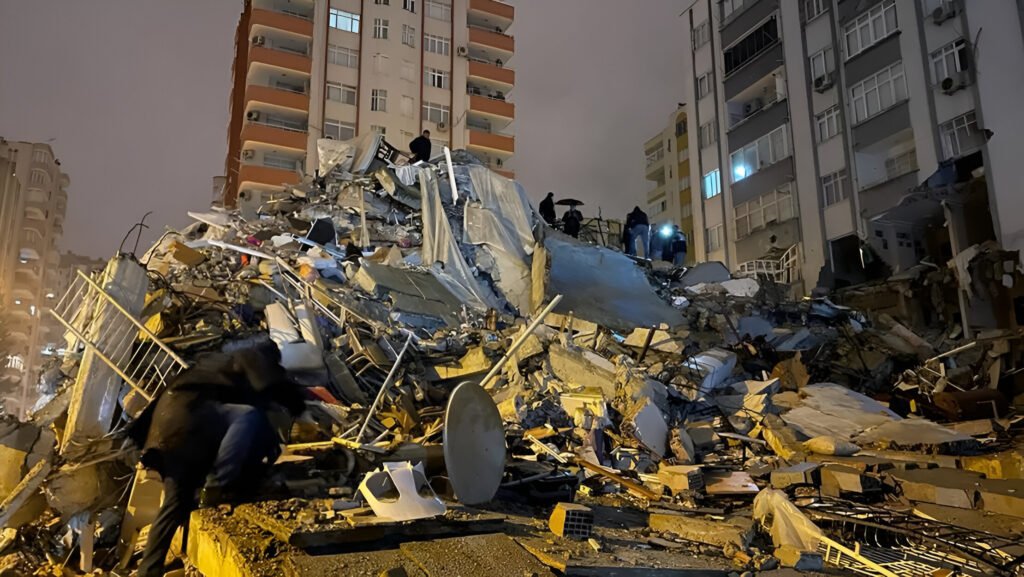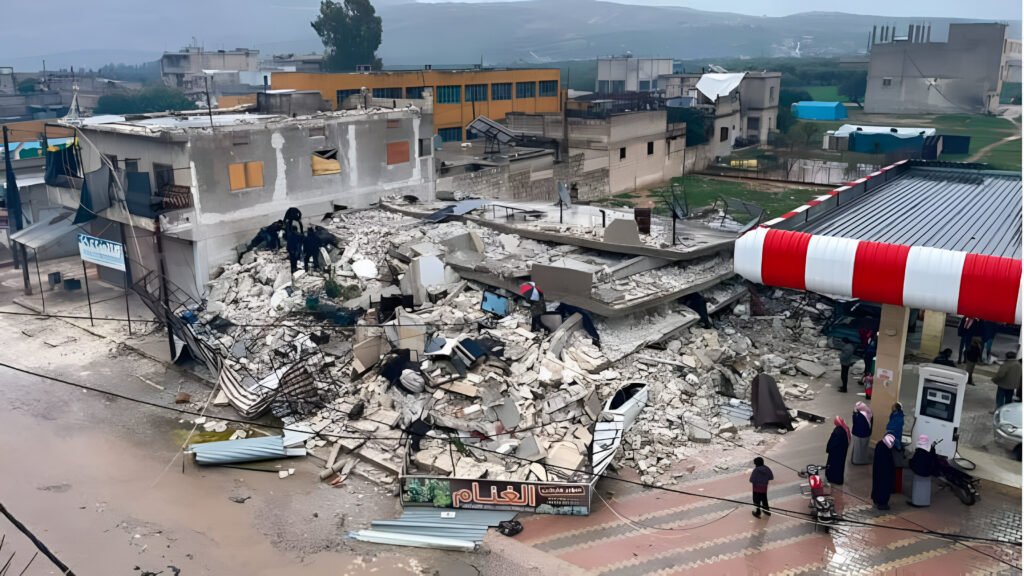
Recent Earthquake Summary
A strong 5.2-magnitude earthquake hit Turkey’s Central Anatolia region on 15th May, 2025, which struck the Kulu district of Konya province. Tremors from the earthquake were felt across central cities like Konya and Ankara, along with the neighboring provinces. Thankfully, as per Turkey’s disaster and emergency management authority (AFAD), there haven’t been any reports of casualties or substantial damage. The tremors, however, did reinforce the memories of Turkey’s seismic vulnerability and highlighted the underpreparedness of the country towards earthquakes.
Turkey’s Geography and Seismic Activity
Turkey is situated on seismic fault lines and is known to be one of the most earthquake-prone regions. The country suffers greatly from seismic lines, especially the North Anatolian Zone. As seen in 2023, Turkey was hit with disastrous earthquakes, which resulted in massive Turkey-Syria losses, which showcased the demolishing need for sustainable infrastructure. The recent earthquake in Konya is a reminder of the ever-persistent danger.
Impact and Immediate Response
The 5.2-magnitude quake did not cause any significant damage; however, it induced considerable panic along with emergency panic. All CCTV cameras installed in the area captured how people rushed to the streets within seconds as buildings began shaking. A panic response was taken by multiple branches of the emergency services on standby, while the control center began issuing advisories asking people to steer clear of blockaded areas. AFAD and local government agencies worked in tandem in the immediate response phase of the incident, which was a positive sign toward the evolution of disaster management systems in Turkey.

Turkey’s Recent Earthquake Trends
This earthquake was preceded by an April 2025 earthquake of similar magnitude emanating from predominantly Istanbul and its neighboring regions. This particular incident resulted in no less than 236 outpatient visits, primarily due to injuries sustained from stampede-related panic. Istanbul, a bustling city with a population of over 16 million, remains on the edge of experiencing major earthquakes, with rising seismic activity worsening the public’s fear. Experts are concerned that quakes might occur well before they are anticipated in the future. If they do, the likelihood of a devastating earthquake exceeding 7.0 on the Richter scale is almost guaranteed.
Lessons Learned from Past Earthquakes
Turkey has learned many lessons about the country’s disaster preparedness strategies due to the tragic 2023 earthquakes and their aftershocks. The government is trying to enhance public awareness regarding earthquakes alongside improving the emergency response systems and changing building code requirements. Retrofitting older infrastructure to improve safety standards and safety measures keeping pace with urbanization remains a challenge. Community preparedness socially and in the form of evacuation, and proper adherence to safety measures, remains crucial.
Public Safety Measures and Ongoing Preparedness
Post the most recent quake, officials have been urging people to not return to damaged structures and stay within a designated safety zone until aftershock warnings expire. Encourage community drills while preparing emergency supply caches. The government remains focused on educating the public and installing early detection systems in an attempt to mitigate casualties during earthquakes.
Subtitle: What’s Next: Earthquake Preparedness and Safety
The 5.2-magnitude earthquake in Konya strains Turkey’s resources yet again. The lack of important destruction and loss of life is comforting but affirms that Turkey needs to be more proactive and prepared in mitigative planning. Emergency response, infrastructure, and safety culture need to be integrated toward improving the world’s responsiveness towards future events. Each new level of geophysical stress simultaneously offers life-protecting insights into the Turkish way of life.











